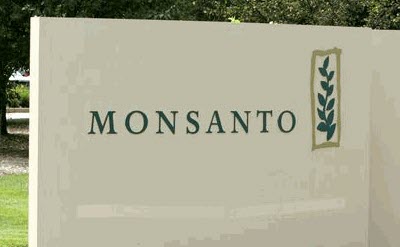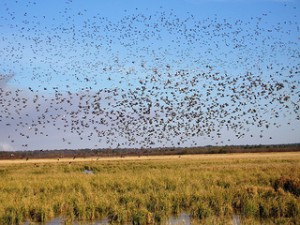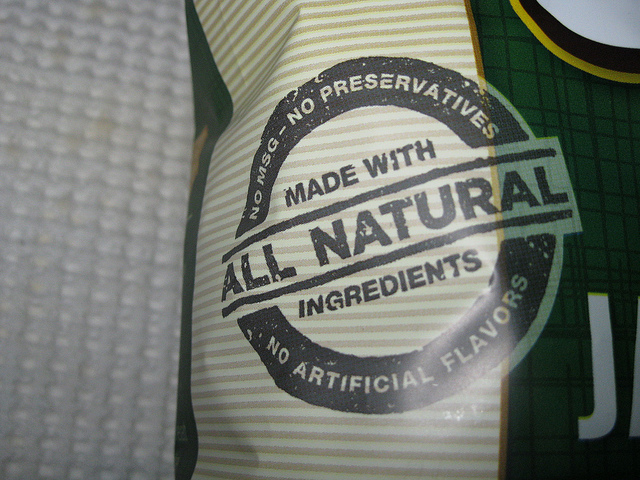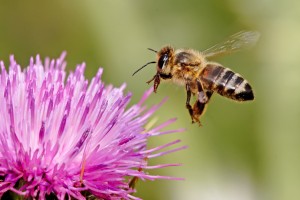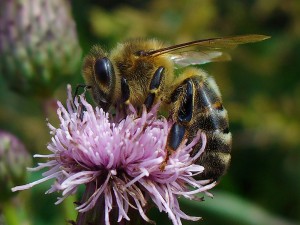Advocacy takes different forms. Harrington Investments and PANNA are trying to foster greater public awareness about Monsanto’s unsustainable corporate practices by engaging in shareholder advocacy.
|
|
|||
|
A new report shows an intense worldwide grassroots opposition to the dominance of multinational biotech companies like Monsanto who make big promises but fail to deliver. Not a mere hypothetical disagreement. The OSGATA lawsuit against Monsanto moved forward, despite the lower court dismissal, as more scholars and organizations echo concerns over GMO contamination and onerous lawsuits. After a lengthy legal battle the U.S. Department of Agriculture decided to completely deregulate Monsanto’s genetically engineered sugar beets. Monsanto’s genetically modified soybeans to be used for cooking oil containing lower levels of saturated fats and higher levels monounsaturated fats were approved last year by U.S. regulators. Yet, while Monsanto prepares for product launch, important safety questions remain unanswered. Did you know that United States permits the planting of genetically engineered crops in the nation’s protected wildlife refuges? Environmental groups have challenged this practice one region at a time. Organic and conventional family farmers, small and family-owned seed companies, and agricultural organizations recently filed an appeal in the case of OSGATA et al v. Monsanto, which was dismissed by a Federal Court in New York on February 24, 2012. While the Doomsday Vault may have been founded on noble ideas, many critics fear that the lofty ideas may get lost in the complex agreements between the Vault and the depositors while permitting greater access to seeds by corporate breeders. The Federal District Court in New York dismissed the organic and conventional farmers’ complaint against Monsanto. But despite the legal loss, the lawsuit leaves a beneficial legacy. There is a growing demand from consumers to know what is in their food. In response to this demand, sprouting across the nation are bills seeking to label foods containing genetically modified ingredients. Despite a vocal opposition from residents, Colorado’s Boulder County recently decided to permit a second genetically modified crop, Monsanto’s Roundup Ready sugar beets, to be planted on public land. This past November, the U.S. Environmental Protection Agency report cited “severe efficacy issues” with Monsanto’s Bt corn after multiple states reported “unexpected pest damage.” All Natural chips made by Frito-Lay may not be so natural after all, says a new lawsuit alleging that the snack-maker is misleading consumers with its all natural claims when in fact the products are made from genetically modified ingredients. Dennis J. Kucinich (D-OH) has once again introduced a bill that would require require the labeling of all foods that contain or are produced with genetically engineered material. It is a counter-balance to another pending legislation that could strip USDA of some of its authority to approve to biotech crops. Without mention of socioeconomic facts and reiterating biotech industry talking points about GMOs, last year’s workshop of Islamic scholars wholeheartedly approved of agricultural biotechnology. However, conclusions of the workshop are questionable. Is the massive honeybee die off a canary in the coal mine telling us that the pesticide treadmill, as our current state of agriculture has come to be known, is short sighted and dangerous? Lack of independent studies on the impact of transgenic crops on honeybees, independently, and in combination with other chemicals, further calls into doubt the industry’s safety claims. Faced with another government agency’s failure to follow the laws, advocate groups had to resort to the courts yet again, making the judicial system the last stopgap for even the most sensible environmental policy. The recent lawsuit against ConAgra Foods challenges the “pure” and “100% natural” labeling on the popular line of Wesson cooking oils allegedly made with genetically modified corn and soybeans. Watch this discussion about the nature of the suit. Farmers and agricultural organizations demanded their right to be heard after Monsanto asked the court to dismiss the lawsuit challenging the company’s aggressive enforcement of genetically modified seed patents. Two class action suits challenge the “pure” and “100% natural” labeling of ConAgra’s line of Wesson cooking oils. Can something genetically modified be also natural and pure? |
|||
|
 |
|||
